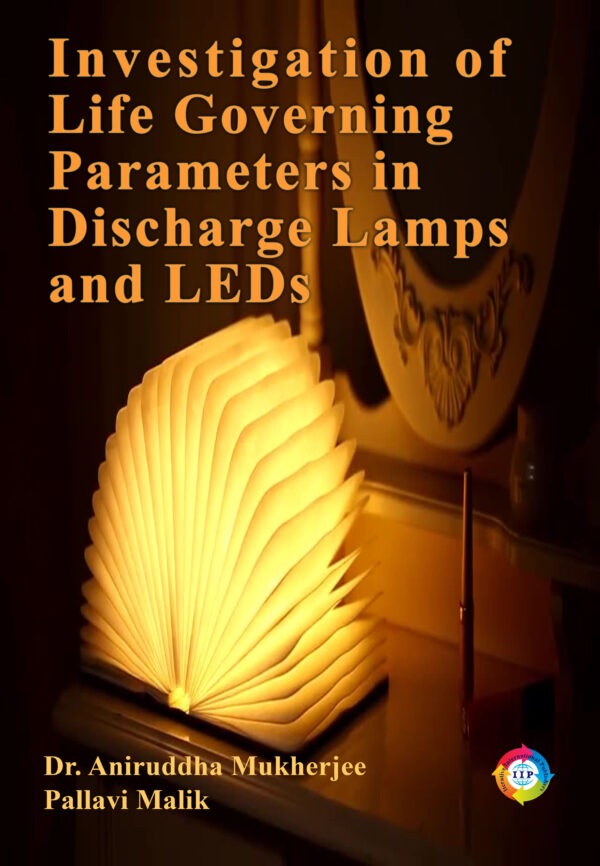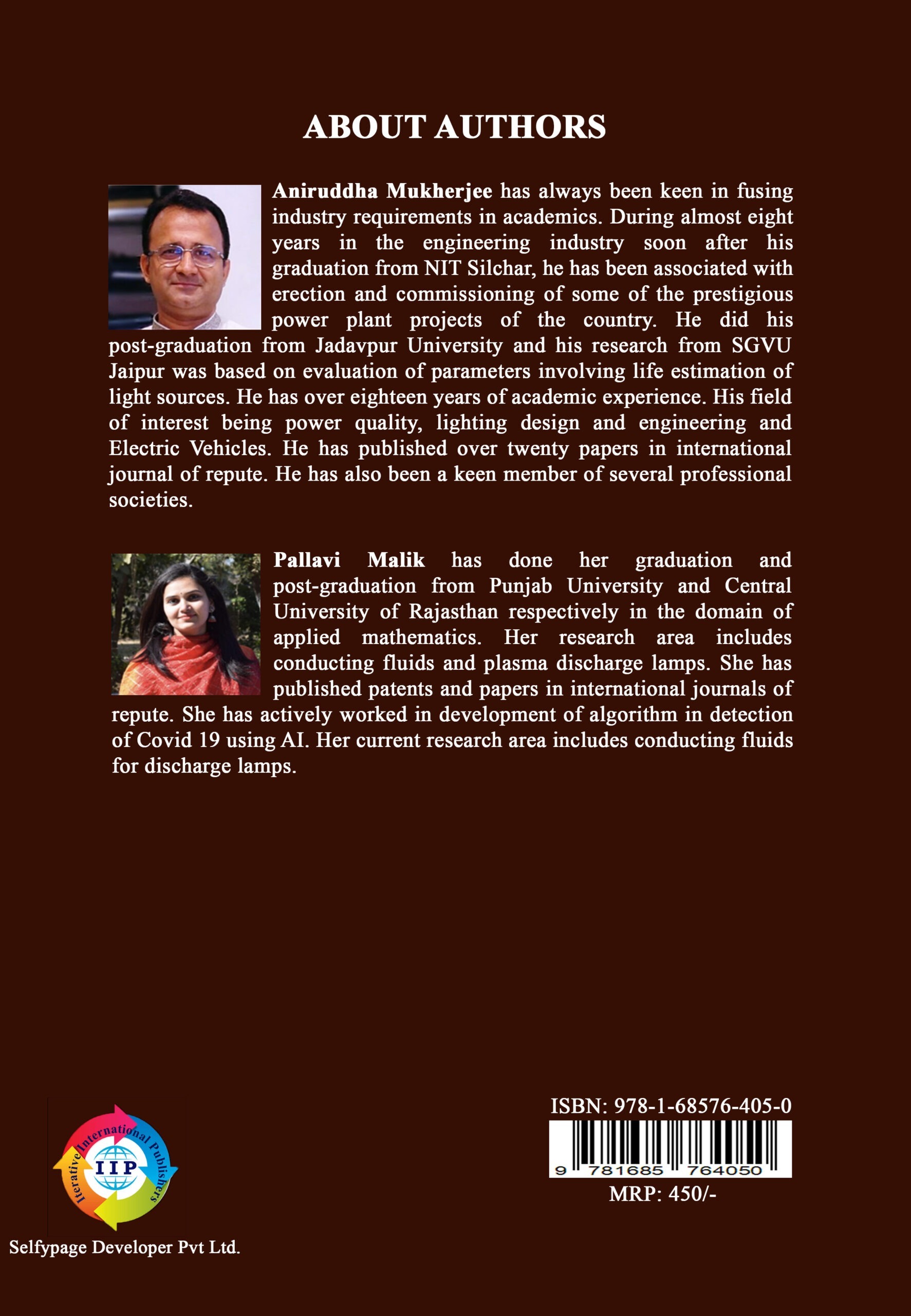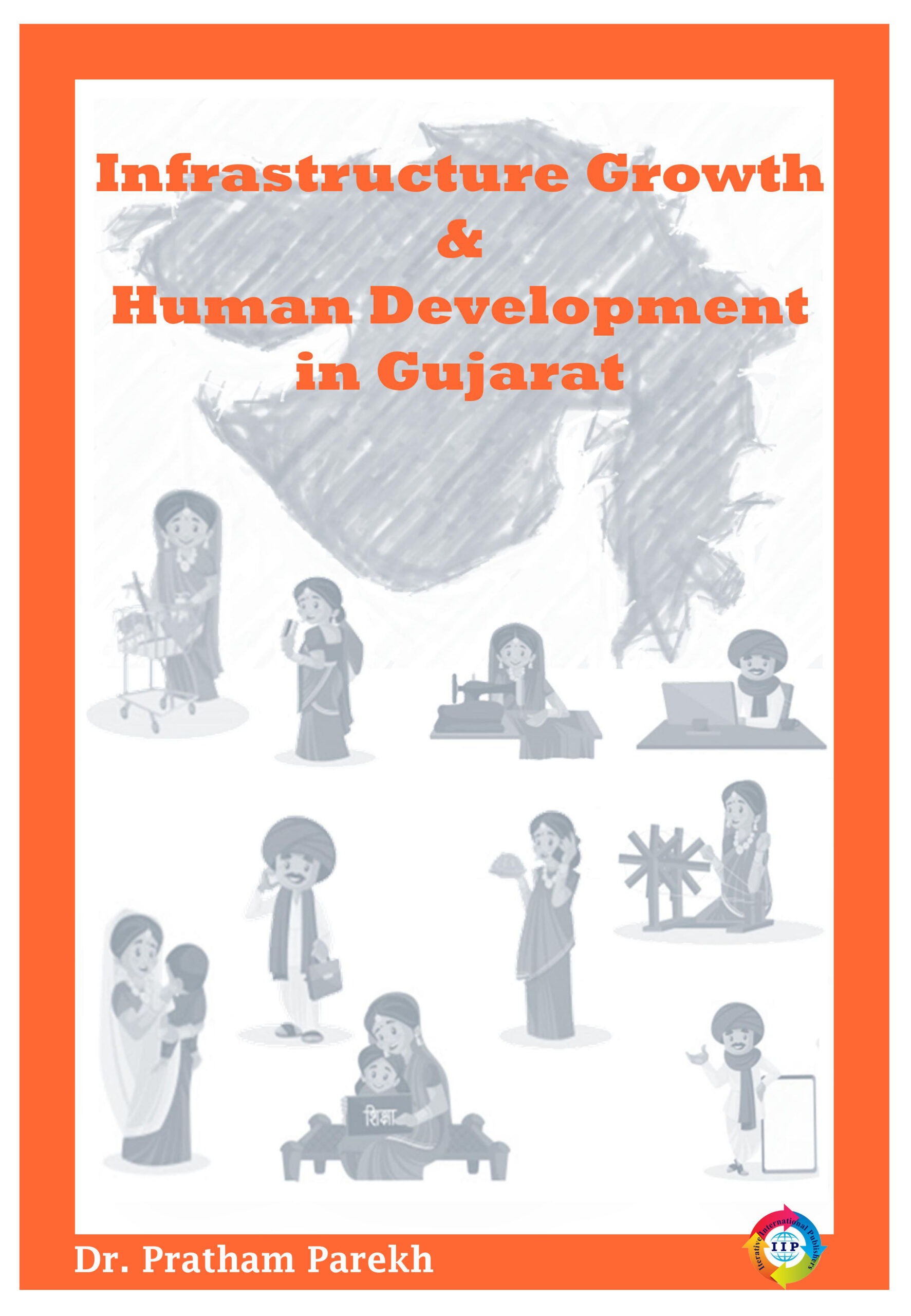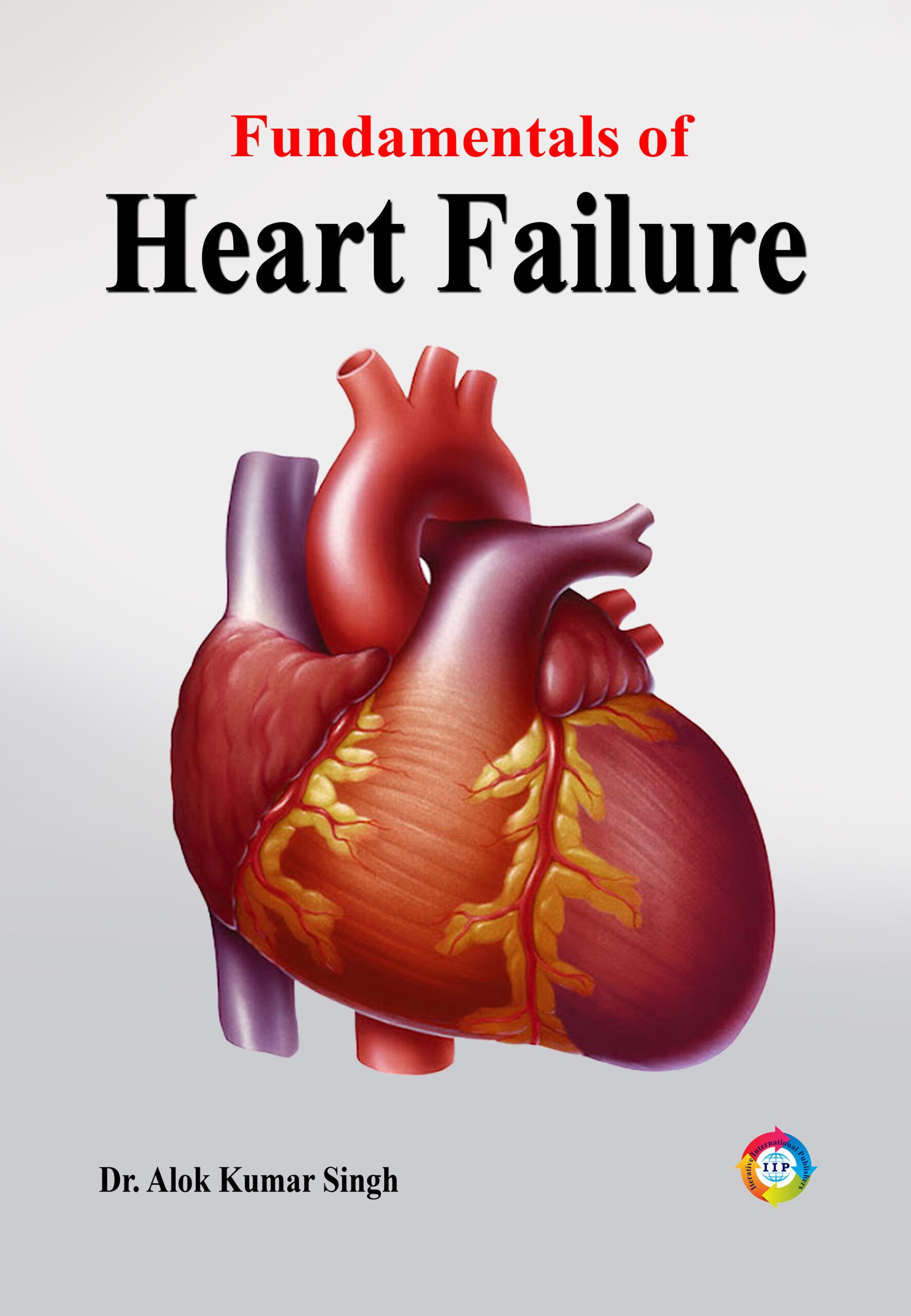The work mainly deals with the fundamental aspects of assessing life and the factors affecting the health of light sources. The parameters were chosen based on the hypothesis from earlier research. The parameters were also evaluated on the real time data obtained from industry sources. The lamps are segregated as (a) low pressure fluorescent lamps (b) high pressure lamps (c) light emitting diodes. The lamps are subjected to electrical and thermal stress and the parameters are observed. The parameters are then mapped with the variants and empirical relation are hence evaluated.
This work aims to reveal the underlying effect of improved power factor on the life of Self Ballasted Fluorescent Lamps commonly termed as CFL. In the third world country like India because of cost effectiveness CFLs are still used without any power factor correction circuitry. Recently the power factor improvement tool is made compulsive for CFL and the recommended range as suggested by IEC 61000- 3-2 is greater than 0.85. In addition to this the current harmonic distortion is preferred to be around 30% as per the standards. But unfortunately there are still CFLs available in the market which have less power factor in comparison with the desired standards. This has caused substantial problems not only on the generation side, but it certainly has considerable impact on the lamp performance. In the present work in order to exemplify this problem, four CFLs of 15W each from two different manufacturers are used for the experiment. Out of these four lamps, two lamps are ballast with low input power factor and instant start type. The other two are incorporated with improved input power factor having rapid start or warm start circuitry. The lamps are constantly switched ON and OFF at regular intervals. The interval was taken as 5 minutes ON and 5 minutes OFF. The lamps were subjected to this accelerated switching test. At the end of every switching cycle the electrode temperature was calculated from the ratio of hot resistance to cold resistance. It was thus observed that lamps with instant start ballast and poor power factor were unable to sustain the switching stress as compared to the lamps with rapid start ballast and improved power factor. Furthermore, the rise in electrode temperature for the lamps with improved power factor was within the desired standards. Thus it was concluded that lamps with poor power factor was more prone to early end in comparison with the other variety.
This work also investigates the impact of high power factor (HPF) on the life of self- ballasted lamps or commonly referred as CFLs. In HPF CFLs the lamp current crest factor is usually very high. The effect of it is well understood from the research work done earlier. In a nutshell the high current crest factor is detrimental for the life of lamp electrodes. The research work done provides information about the (a) filament current crest factor (b) lamp voltage crest factor with corresponding change in lamp current and electrode temperature. The lamps used for these experiment are switched on and off with sufficient time given to cool the lamp electrodes. The degradation of the lamp life with respect to filament current and lamp current crest factor are plotted and extrapolated. The best fit is obtained for the set of experiments conducted. This serves an important aspect of HPF circuitry and their corresponding drawback in addressing lifetime issues of CFLs.
In the case of light emitting diodes it has been theoretically concluded that LEDs are prone to damage if the junction thermal management is not done adequately. The influence of ambient temperature and solder point temperature also referred as T-point temperature, on the life of Light Emitting Diodes (LEDs) is addressed in this work. Further it also explores the LED drivers responsible for maintain the adequate electrical parameters of the LEDs.









Reviews
There are no reviews yet.